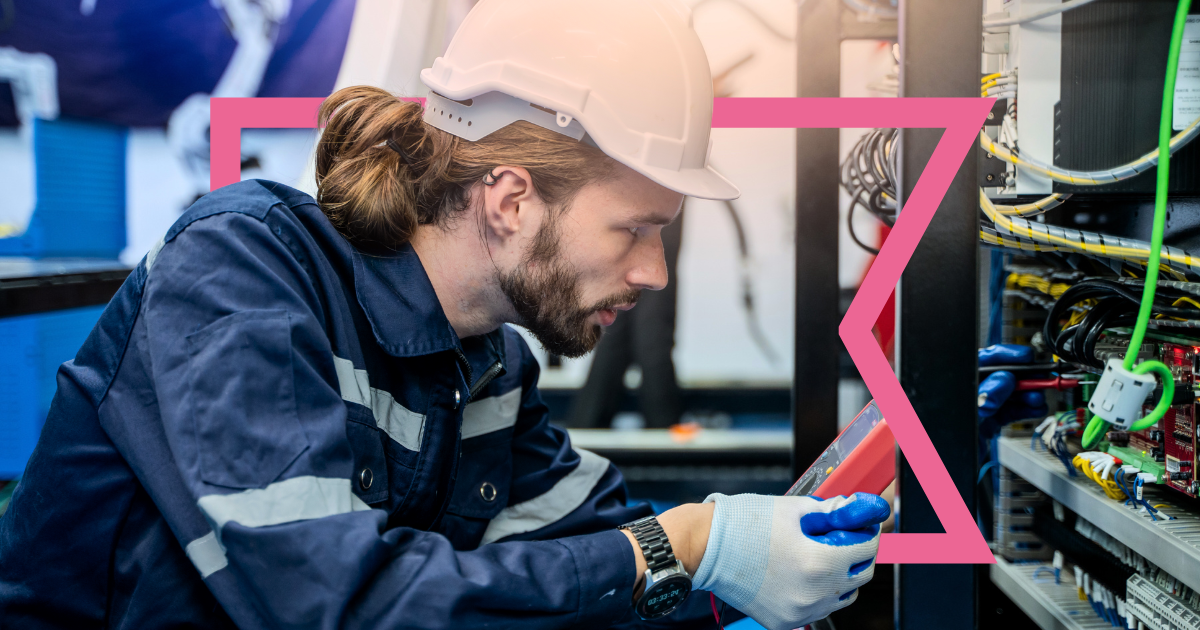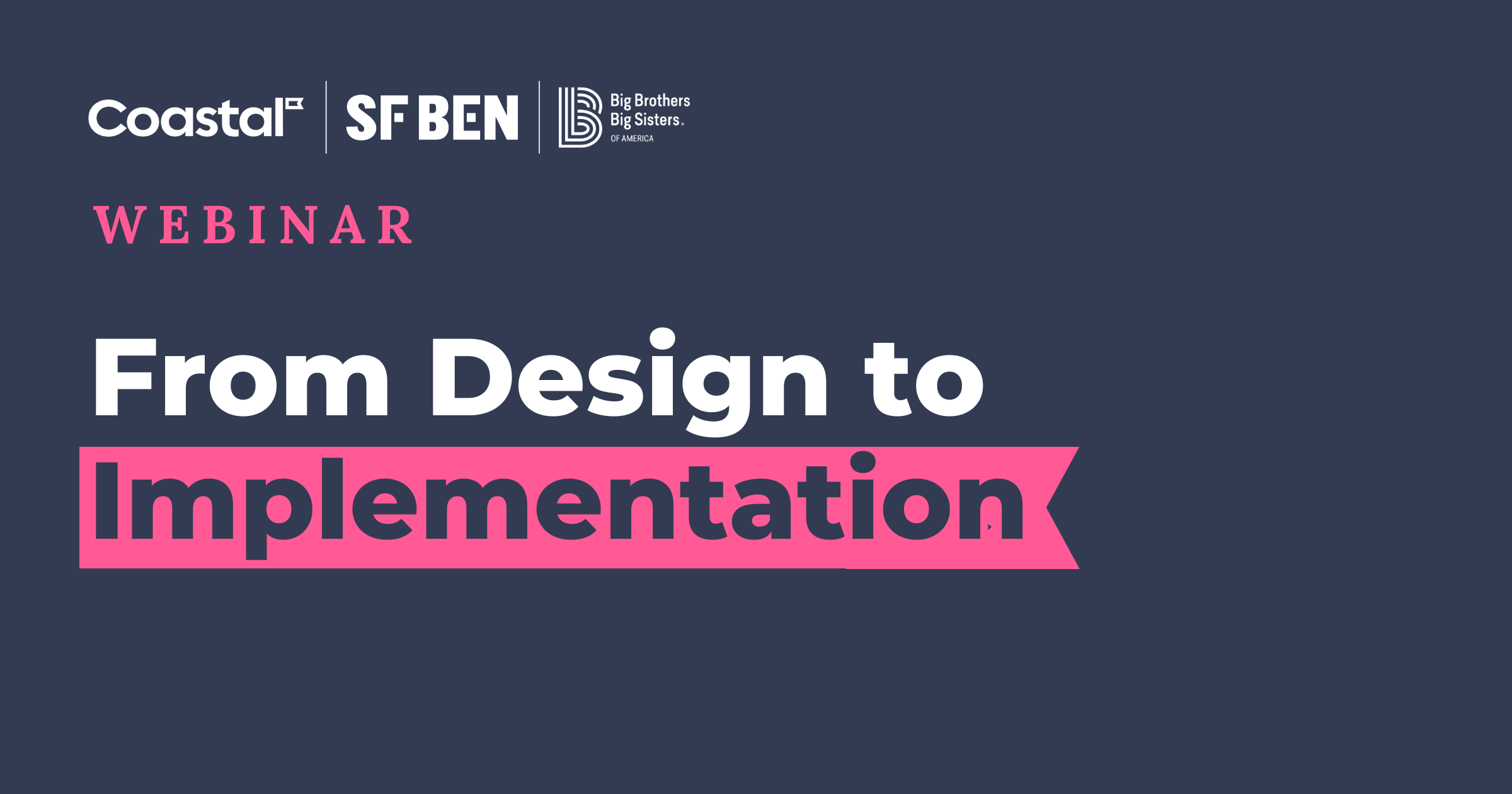At Distributech, the conversations felt different this year. The challenges facing the energy sector are familiar: rising customer expectations, balancing service quality with cost, managing data without getting overwhelmed, and keeping skilled workers engaged. But the way people are approaching these challenges has shifted.
Leaders focused on what could be done differently, looking beyond the usual pain points to rethink how energy companies connect with their customers and use technology to make everyday tasks easier and more efficient. These changing perspectives signal a shift in how the industry is moving forward.
Customer Engagement: Moving Beyond the ‘Load Payer’ Mindset
For decades, energy companies have seen their customers as “load payers”—just recipients of a necessary service. You pay the bill, and we keep the lights on. Simple.
Today’s customers expect more. They’re used to brands that know them, communicate clearly, and make interactions easy. They want updates on their terms, whether through a quick text, a mobile app, or talking to a live agent who has context on their situation. And they’re not lowering those standards just because it’s an energy company.
At Distributech, one idea came through clearly: delivering power alone doesn’t build lasting relationships. Companies that prioritize connections—designing customer experiences that integrate touchpoints and break down silos—are the ones seeing real results. When customers can count on consistent support quality, no matter how they reach out, they feel valued and stay loyal.
Companies focusing on making interactions faster and more straightforward are seeing real results: fewer repeat calls, quicker resolutions, and happier customers who are likelier to stick around. For energy companies, that means lower support costs and stronger customer loyalty—key factors in maintaining stability and growth.
Building a Culture of Learning and Adaptation
When it comes to workforce challenges, it’s easy to focus on gaps: what people don’t know, what they’re not prepared for. But maybe it’s not just about skills. Maybe it’s about how we think about learning in the first place.
Instead of big training sessions that feel like information overload, what if learning was woven into the daily routine? Not a separate task to check off a list, but something that happens naturally while getting things done.
At Distributech, some energy companies shared how they’re moving in this direction by embedding training directly into everyday tasks. New hires and long-time employees alike get real-time guidance when they need it. It’s not about cramming in knowledge all at once; it’s about making sure people feel confident and supported as they do their jobs.
The impact goes beyond just keeping up with changes. When training feels manageable and relevant, employees are more likely to stay engaged and invested in their work. That’s good for morale, but it’s also good for the bottom line—less turnover, smoother operations, and fewer gaps in service when experienced employees stick around.
Finding the Signal in the Data
Energy companies are swimming in data from smart meters, IoT devices, and customer interactions. The challenge lies in making sense of existing data, not collecting more. At Distributech, the conversations weren’t about gathering more information—they were about making data useful.
Right now, many energy companies are stuck with fragmented data that’s hard to analyze or connect. That makes it tough to spot trends, predict issues, or make timely decisions—especially when AI is part of the equation.
To make AI work, companies need data that’s accessible, integrated, and ready for analysis—without the need for constant copying or restructuring. Without that foundational data infrastructure, even the smartest AI can’t deliver real results.
It’s about being data-ready, not just data-rich. Building a flexible, consistent approach to data management unlocks AI’s potential—whether it’s predicting equipment failures, personalizing customer communications, or automating routine tasks. The companies that get this right will move faster, respond smarter, and make more confident decisions.
When AI falls short: Look at your setup, not the technology.
Most energy companies aren’t seeing the results they expect from AI. The problem isn’t the tools; it’s how data and processes are structured. Learn how to build a foundation that works in Coastal’s latest AI research report.
AI That Makes Life Easier
AI came up a lot at Distributech—and thankfully, people were talking about real applications, not just throwing around buzzwords. The focus was on how AI actually helps energy companies work differently, freeing up their teams to spend time on work that makes a difference.
AI’s potential goes well beyond automating basic tasks. Think about AI agents smart enough to diagnose problems before they become emergencies, handle customer conversations on the fly, or optimize resources without someone having to make those decisions manually.
But here’s the reality: AI only works when built on the proper foundation. Without connected, accessible data that can flow easily through your organization, even the smartest AI tools won’t deliver. The real opportunity comes from building AI directly into how your company operates daily rather than just bolting it onto systems that weren’t designed for it.
This approach brings more than efficiency—it creates organizations that can adapt quickly, stay resilient through challenges, and prepare for whatever comes next. The companies pulling ahead are using AI to anticipate and plan, not just react after the fact.
Reframing Challenges as Opportunities
Distributech wasn’t just about showcasing new tech or clever solutions. It marked a shift in how energy companies think about their biggest challenges.
The conversations were about anticipating change and asking smarter questions: How do we build stronger customer connections? How do we support our teams as the industry evolves? How do we make data useful rather than overwhelming?
The companies making progress are reimagining how work gets done. They’re using technology to innovate, finding ways to make processes simpler, more efficient, and more strategic.
At Coastal, we’re helping companies take that next step. By aligning data, strategy, and AI, we’re building more agile and resilient operations in the energy sector. Let’s talk about how data and AI modernization can move your organization forward.



